1. Tencent Holdings Market Cap Shrinks by Almost $400B
Tencent Holding 200 day moving average going back to 2019
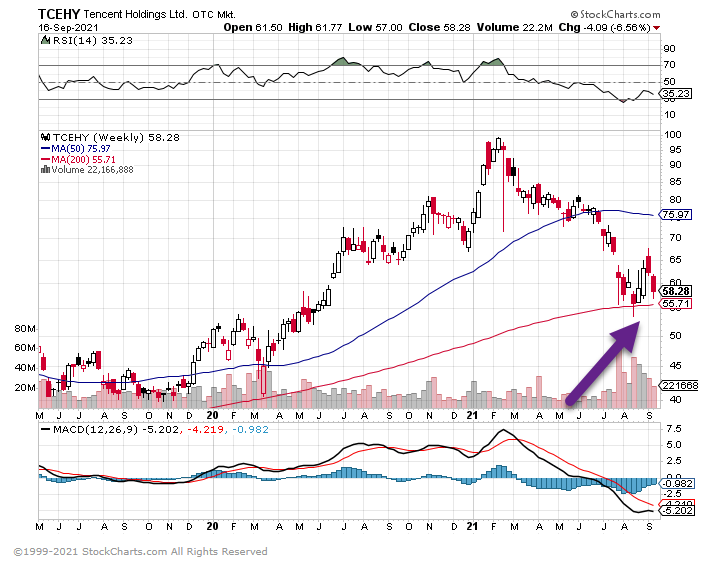
2. Index of Macau/China Casinos Hits 2016 Levels
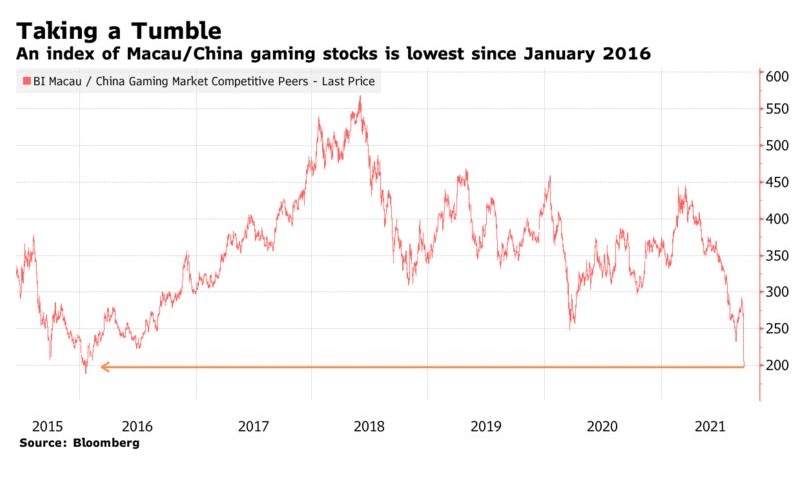
These Charts Show Impact of China’s Casino Crackdown on Macau By Joanna Ossingerand David Ingles
3. Retail Sales Breakdown
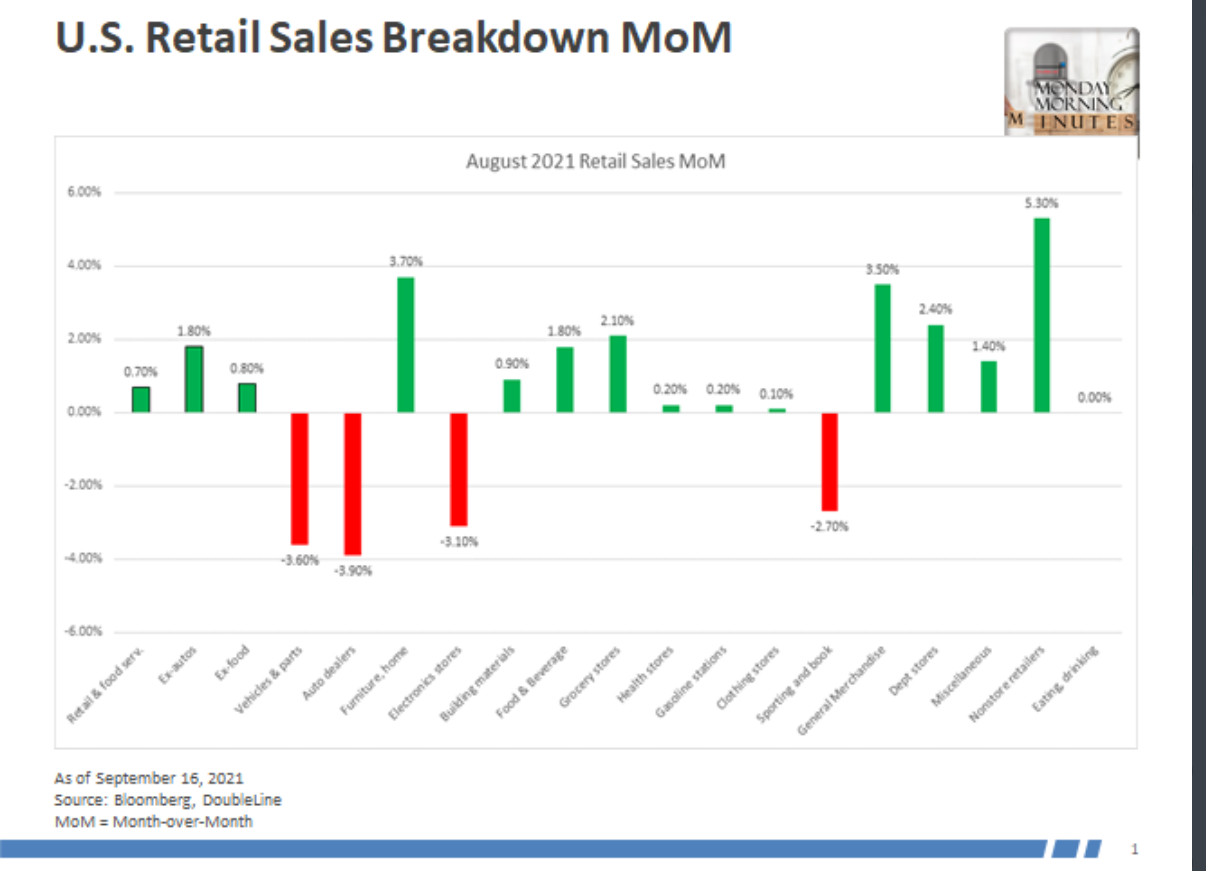
4. Household Appliance Prices Rise the Most in 10 Years …Rising Steel Costs.
WSJ-The higher costs are already hitting consumers, especially for products like cars and appliances. Household appliance prices rose by 6.8% in August, the highest year-over-year increase in a decade, according to Labor Department data.
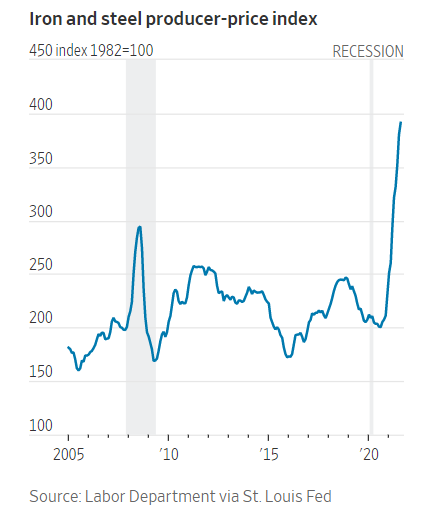
Steel ETF SLX sideways since March
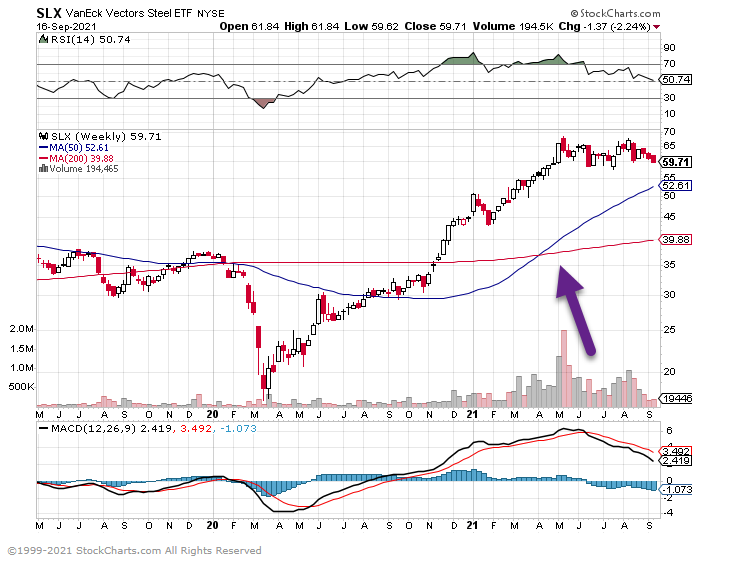
5. Growth vs Value was Following 1998-2001 Market Exactly….But See Divergence as the Government Turned Up the Stimulus.
Ben Carlson Blog
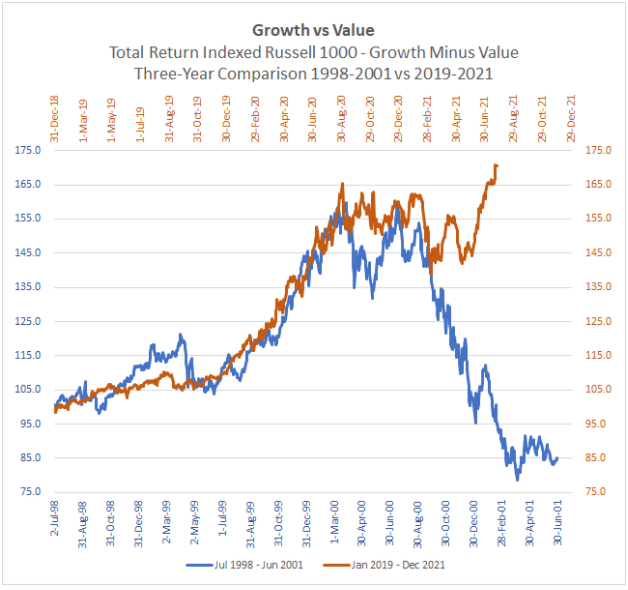
https://awealthofcommonsense.com/2021/09/animal-spirits-the-crypto-gateway-drug/
6.18-34 Year Old’s Opinion on Sustainability and Work
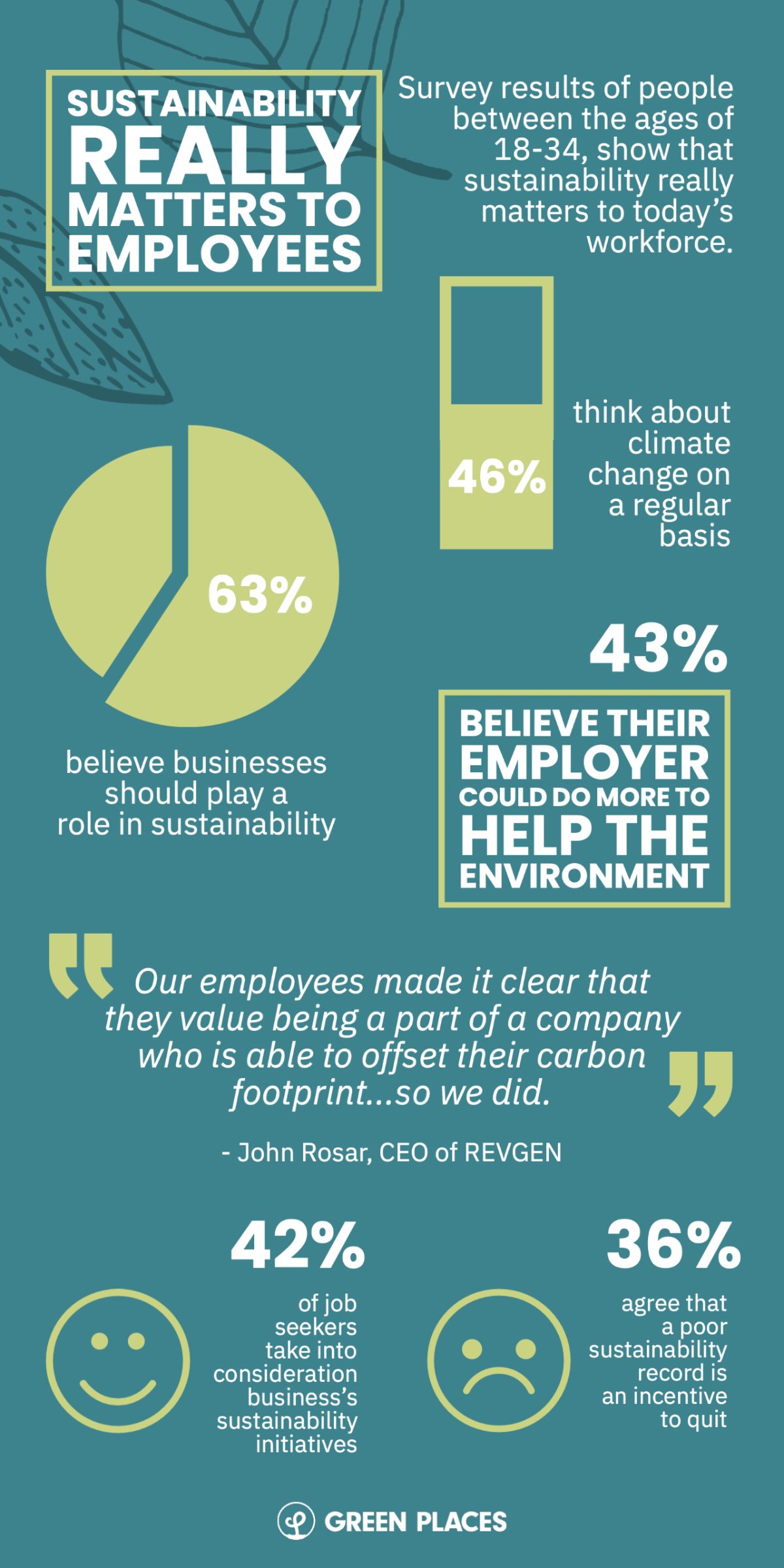
Value Walk https://www.valuewalk.com/
7. Wall Street Whistleblowers Awarded $1B Since 2012
Wall Street’s newest millionaires are whistleblowers
- The SEC announced awards ranging from $4 million to $110 million paid to Wall Street whistleblowers.
- In total, the watchdog program has paid $1 billion, awarding 207 whistleblowers since 2012.
- But not all whistleblowers hit it big — and some never see a single dollar.
The US Securities and Exchange Commission just paid two multi-million dollar awards to Wall Street whistleblowers, according to a statement released Wednesday. The payouts of $110 million and $4 million bring the agency’s whistle-blowing awards to a total of $1 billion. A record-breaking payment of $114 million was awarded last October. “The whistleblower program has been instrumental to the success of numerous enforcement actions since it was instituted a decade ago,” said Gurbir S. Grewal, the SEC’s Director of Division of Enforcement.”We hope that today’s announcement encourages whistleblowers to continue to come forward with credible information about potential violations of the securities laws.”A total of 207 whistleblowers have received payouts from the SEC since the program began in 2012. In order to qualify for an award, the information provided to the agency must be “original, timely, and credible” and result in “a successful enforcement action.” All watchdog payments are financed through sanctions paid to the SEC by securities law violators. The awards can be anywhere from 10% to 30% of the money collected from the guilty party if the sanctions exceed $1 million, according to the SEC. But not all whistleblowers hit it big — and some never see a single dollar. John McPherson, a whistleblower who aided the SEC’s investigation into an alleged $1.4 billion scam at Life Partners Holdings Inc., received zero compensation from the agency, The Wall Street Journal reported this June. The lack of payment was due to a controversial SEC rule that states whistleblowers cannot be paid if the guilty party declares bankruptcy, which is a common outcome for fraudulent companies. Effective December of last year, the SEC amended the whistleblower program rules to clarify that awards cannot be sourced from private actions such as bankruptcy.
https://www.businessinsider.com/new-wall-street-millionaires-are-whistleblowers-sec-payouts-2021-9
8. Education Spending by Country
Statista

9. Top 10 Markets for Rent Growth

As rents skyrocket, here is where they’re rising the most. It’s NOT New York or San Francisco-By Jacob Passy
10. How Purpose Could Be Key to Work Wellness
Being happy at work may depend on it, says best-selling author Daniel Goleman. Daniel Goleman, author of the best seller Emotional Intelligence, and host of the podcast First Person Plural: Emotional Intelligence and Beyond, is a regular contributor to Korn Ferry. His latest book, Altered Traits: Science Reveals How Meditation Changes Your Mind, Brain, and Body, is available now.
The new thinking about wellbeing goes beyond what we’ve traditionally considered “good for us.” I look to Richard Davidson’s research on wellbeing for the definitive word. A neuroscientist and the founder of the Center for Healthy Minds at the University of Wisconsin, Davidson and his colleagues have developed a framework for wellbeing that has purpose as one of its four pillars.
Davidson’s work builds on decades of research. This research has shown that a sense of meaning in life has been associated with a range of positive physical and psychological outcomes, including, among many benefits, increased physical activity; decreased chances of a stroke; better cardiovascular health; reduced risk of death; better financial health; psychological resilience; and healthier psychological functioning.
Given the state of the world and the growing issue of burnout in the workplace, it’s worth taking a closer look at what Davidson means when talking about purpose. In particular, what kinds of purpose actually bolster our physical, mental and emotional health?
In the most simple terms, Davidson and his colleagues define purpose as the degree to which we understand our aims and values, and how well we are able to embody them in our daily lives.
Aims inform our goals and allow us to establish an overarching narrative that can help us make sense of our lives. Values guide our behaviors— they help us assess people and situations and assist us in persevering through challenges by keeping us oriented to what we feel is important.
Purpose can be either heightened or diminished. Take the example of an oncologist. An oncologist’s aim is to eliminate cancer, prevent it from returning, and help patients live longer, more fulfilling lives. To do this, they might be guided by values such as compassion, collaboration, or patient-centered care.
In a state of heightened purpose the oncologist not only understands these aims and values, but also has the opportunity to act on them. The combination of both knowing and acting allows the oncologist to feel their pursuit has meaning and significance. Whether or not they meet their aim, the oncologist feels a sense of meaning and wellbeing just by aligning with these values. In other words, even if the aim is too aspirational to accomplish in every circumstance, the very act of being compassionate, collaborative, and patient centered leaves the oncologist feeling fulfilled (and no doubt improves patient satisfaction, too).
In a state of diminished purpose, oncologists feels something different. Either they aren’t totally clear on their values and aims; or they are clear but lack the environment to express them.
In one way, this may seem simple. The more we know our aims and values and the more we can live them, the better off we are. But when it comes to wellbeing—to reaping the full benefits of purpose— not all aims and values are created equal.
A study of more than 25,000 young adults from 58 countries found that intrinsically meaningful values, things related to social connections and contributing to one’s community, more strongly correlated with wellbeing than outward-facing values, like those related to power and financial gain. Although the nature of these relationships varied across countries and cultures, the findings all point back to something very important. When it comes to feeling good in the world, money and status are not enough. If we are going to reap the full benefits of purpose, values have to be self-transcendent; they must involve others.
What does this mean for individuals and organizations?
In the simplest terms, it means thinking about our aims and values in the context of helping others. Health, joy, and happiness—in our lives and in our workplaces—may ultimately depend on finding ways to be of service to the world around us.
Click here to learn more about Daniel Goleman’s Building Blocks of Emotional Intelligence.
